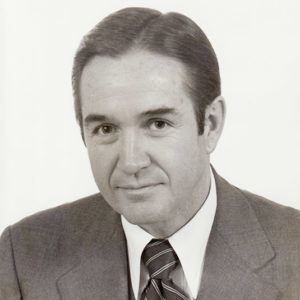 Richard Adkisson
Richard Adkisson
Entry Category: Judges
 Richard Adkisson
Richard Adkisson
Adkisson, Richard B.
Alderson, Edwin Boyd Jr.
Amsler, Ernest Guy
Arnold, Morris Sheppard “Buzz”
Arnold, Richard Sheppard
 W. H. "Dub" Arnold
W. H. "Dub" Arnold
Arnold, William Howard “Dub”
Baker, Basil
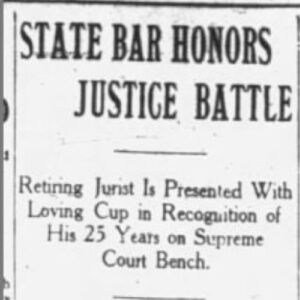 Burrill B. Battle Story
Burrill B. Battle Story
Battle, Burrill Bunn
Bennett, John E.
Bland, Hugh M
Bocage, Joseph William
Bohlinger, Neill
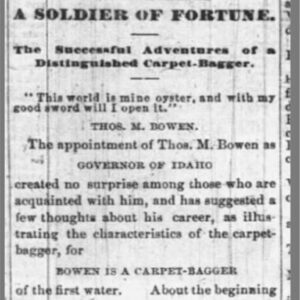 Thomas M. Bowen Story
Thomas M. Bowen Story
Bowen, Thomas Meade
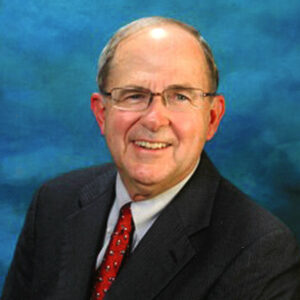 Howard W. Brill
Howard W. Brill
Brill, Howard Walter
Brown, Lyle
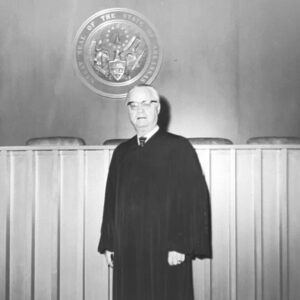 Lyle Brown
Lyle Brown
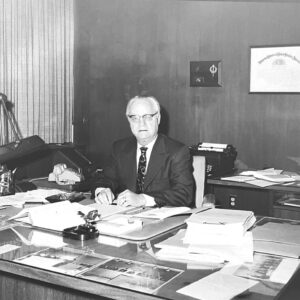 Lyle Brown at Desk
Lyle Brown at Desk
Brown, Robert Laidlaw (Bob)
Bunn, Henry Gaston
Burgess, Franklin
Butler, Turner
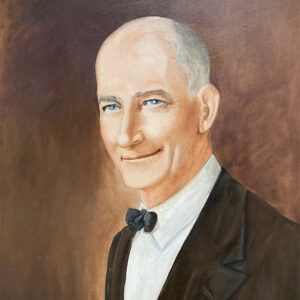 Turner Butler
Turner Butler
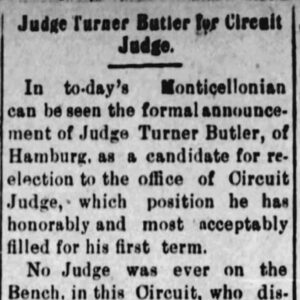 Turner Butler Candidacy Story
Turner Butler Candidacy Story
Byrd, Conley F
Carter, Ben E.
Claiborne, Harry Eugene
Clendenin, John J.
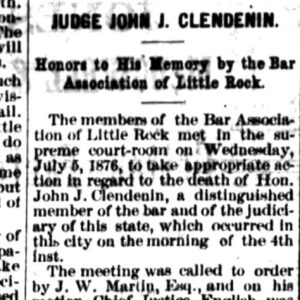 John J. Clendenin Memorial
John J. Clendenin Memorial
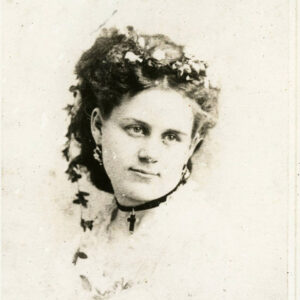 Mary Cockrill
Mary Cockrill
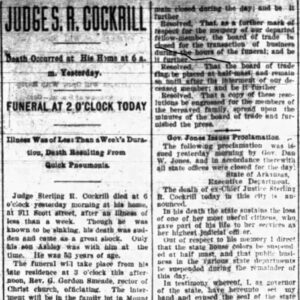 Sterling R. Cockrill Article
Sterling R. Cockrill Article
Cockrill, Sterling Robertson
Compton, Freeman Walker
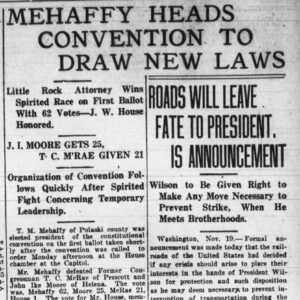 Constitutional Convention President
Constitutional Convention President
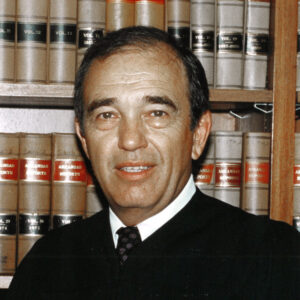 Donald L. Corbin
Donald L. Corbin
Corbin, Donald Louis
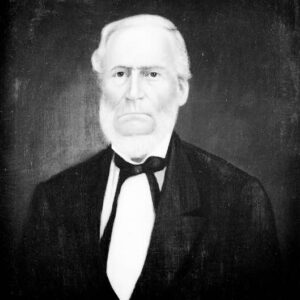 Edward Cross
Edward Cross
Cross, Edward
Danielson, Paul Edward
Davies, Ronald Norwood
Dickey, Betty
Dickinson, Townsend
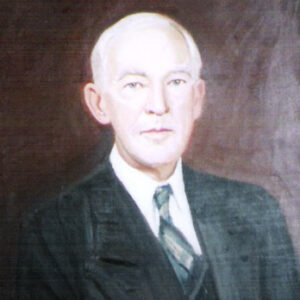 William Driver
William Driver
Driver, William “Judge”
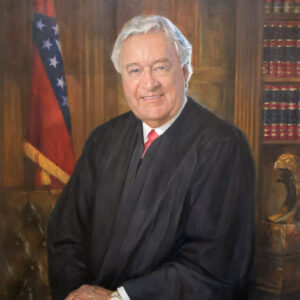 Robert H. Dudley
Robert H. Dudley




